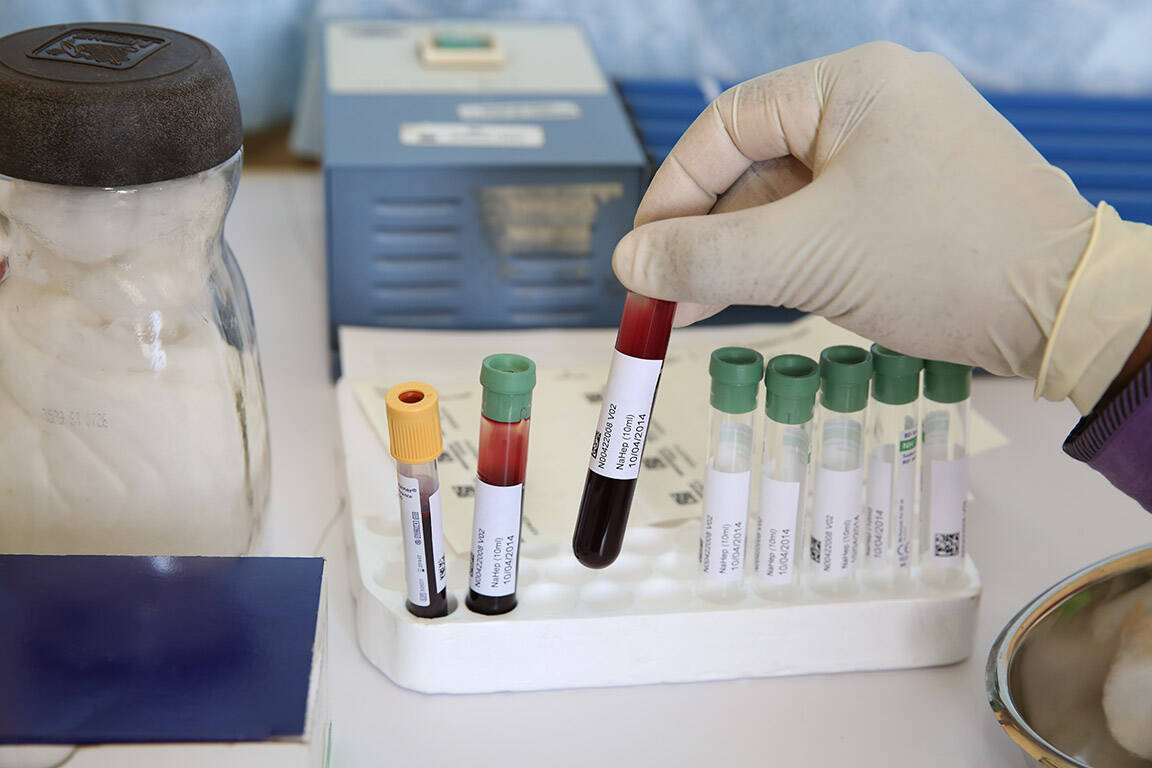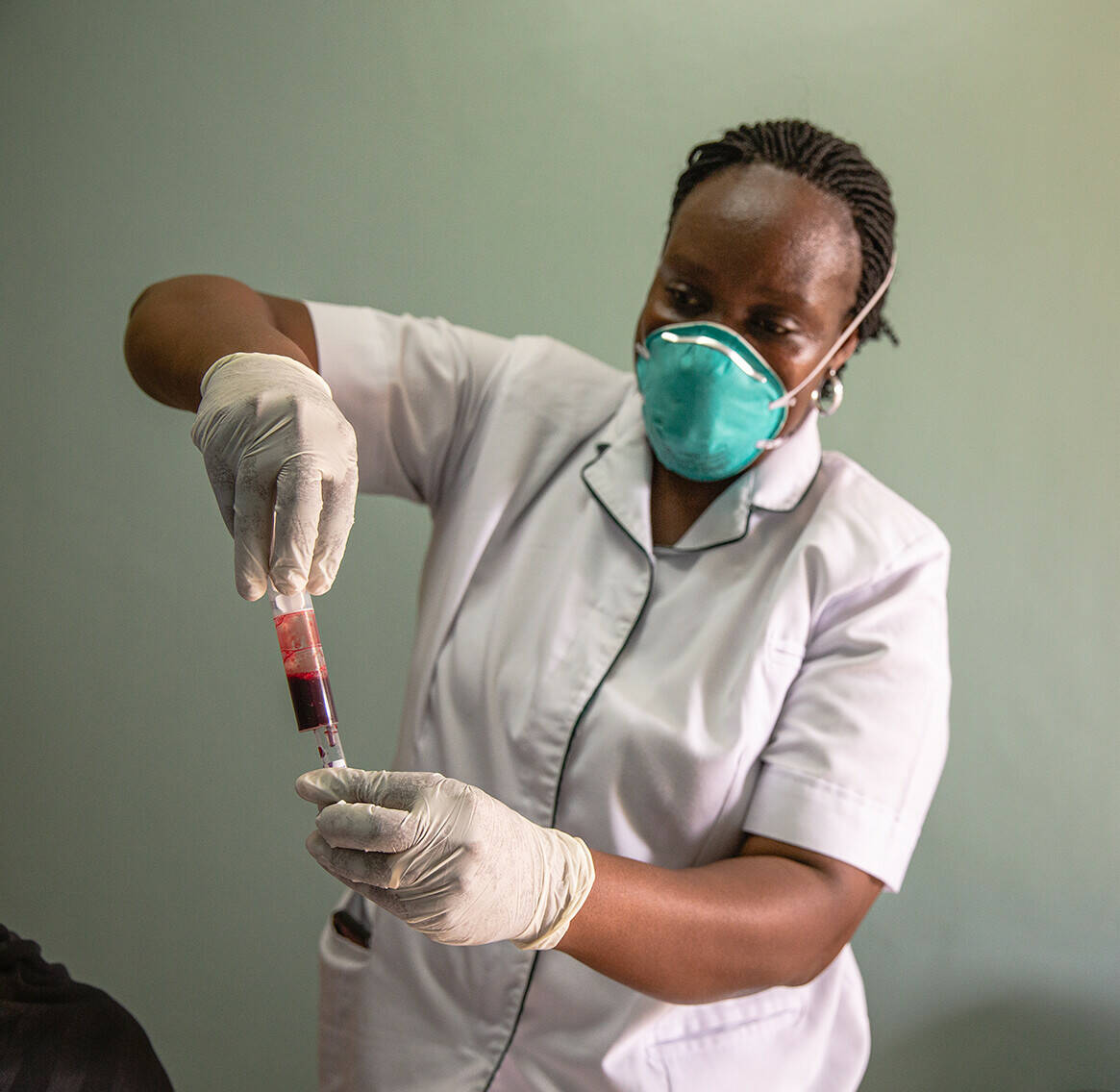Among more than 1300 adolescents and young adults in South Africa, Uganda and Zimbabwe, ‘on-demand’ PrEP – taking antiretrovirals when needed rather than daily – was favoured over daily PrEP. However, some variation was seen between sites, according to age, sex and frequency of sexual activity.
The study also found that 39% of respondents reported at least one symptom of post-traumatic stress disorder (PTSD), with PTSD scores correlating with experience of repeated forced sex and self-perception as a risk-taker. However, PTSD scores had no impact on attitudes to PrEP or PrEP preferences. The findings will inform the design of more tailored PrEP demand activities in adolescents and young adults.

scroll down
TAF has several advantages over the antiretroviral typically used in PrEP, tenofovir. However, a suitable dose for PrEP use by men has not been established. Laboratory studies carried out by the CHAPS team found a sixfold higher take up of TAF by foreskin tissue culture compared to tenofovir. These findings will provide guidance on the appropriate dosage for TAF-based PrEP, and have also highlighted the need for pharmacokinetic studies to shape PrEP dosing.
The CHAPS project also provided a platform for immunological studies, which have explored links between various immune mediators and the drugs used in PrEP. These revealed that, in men, levels of an inflammatory mediator known as CCL4 correlated with bloodstream antiretroviral levels, suggesting that CCL4 could be an important element of the mechanism of action of PrEP.
Pre-exposure prophylaxis (PrEP), pre-emptive use of antiretroviral drugs to prevent HIV infection, has been shown to be highly effective. However, the need for daily pill-taking leads to challenges with adherence in adolescents and young adults. There is also some uncertainty about the optimal choice and dose of antiviral included as new drugs become available.
The EDCTP-funded CHAPS study, which completed data collection in 2022, has been carrying out a mix of consultative research to explore attitudes to PrEP among adolescents and young adults, as well as laboratory studies to establish suitable doses of a new drug, tenofovir alafenamide (TAF), for use in PrEP.
The CHAPs study has combined user consultations and laboratory investigations to identify potential refinements to pre-exposure prophylaxis (PrEP) for HIV prevention.

Refining PrEP
